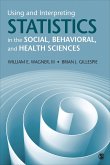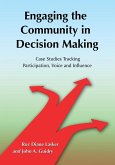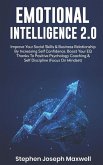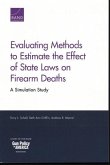In this Element we build on our previous work conceptualizing a craft learning model for governing police discretion. We envision a model for harnessing patrol officers' craft knowledge and skills, learned through experience handling similar street-level encounters over time, to the development of standards for evaluating the quality of their decision-making. To clarify the logic of this model and its potential for police reform, we situate it within the context of other systems of discretion control, including law, bureaucracy, science, and the community. We also consider obstacles. We conclude that police organizations need to balance the different strategies for channeling and controlling discretion toward the goal of advancing more transparent and principled decision-making. The challenge is finding a balance that helps prevent arbitrary, pernicious, or uncompromising uses of police authority, but that also empowers and rewards officers for using the skills of perception and resourcefulness that contribute to wise judgment.








